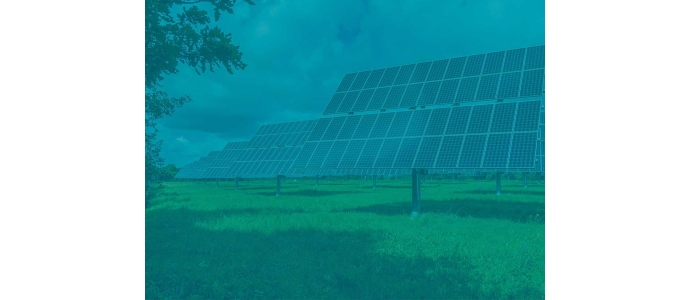
How can home automation favor electricity self-consumption?
To illuminate the home, have heating and hot water are many who are already betting on self-consumption as a way to say goodbye to electricity bills. But what is no longer known so much is how home automation can help this self-supply of electricity. Do you want to discover the secret? Continue reading >
What is electrical self-consumption and home automation?
At present, the lighting systems of the houses have undergone substantial changes due to the entry of renewable energies. In homes it is sought that light is an element of decoration, but also that the electricity consumption is the minimum. This is where electric self-consumption comes into play.
By electrical or photovoltaic self-consumption is understood the main use of solar panels to produce energy. These are responsible for transforming it to supply consumption in the home, company or building in which you reside.
But this self-sufficiency can be fostered thanks to home automation. This concept refers to the set of technological systems capable of automating and programming objects in the house. The famous Roomba, the blinds that are raised and lowered just at the push of a button and the alarms are some examples of home automation.
In this way, its installation in lighting and cooling systems helps to save energy and lower electricity consumption.
How can self-consumption and home automation be integrated?
A priori, the integration of self-consumption and home automation seems a complicated task, but the evolution of technology has allowed home automation houses to be powered solely and exclusively by solar energy.
- Grid-assisted solar panels: hand in hand with a separate assisted installation in the two phases, single-phase and three-phase energy, solar panels can be controlled by the user through applications such as Sunny Webbox.
- Rotating solar panels: In the same way, many solar panels rotate automatically. But in the market there are already several devices that allow to move the plates depending on the rotation of the sun.
Advantages of the integration of electricity self-consumption and home automation
Home automation and self-consumption systems have a great aesthetic value in the home. Solar panels dress the facades of buildings, giving them a renewable, ecological and fresh look. In the same way, home automation devices offer that futuristic spark that is so grateful in any room of the home. In addition to this, integration also has other advantages:
- Savings on electricity bills: Solar panels usually generate surplus light during the day that can be used at night. With the installation of home automation in household appliances and other electrical appliances, such surpluses can be used more and better.
- Fast amortization: Despite the cost of installing solar panels and home automation in the home, experts say that the investment pays for itself from seven to ten years.
- Well-being and comfort: With solar panels, the concern about electricity bills takes a back seat. In the same way, with home automation it is much easier to perform household chores.
- Maintenance: Both home automation systems and solar panels do not need a lot of maintenance. Of course, if a breakdown occurs, the arrangement of them can be somewhat complex.
- Interaction: Home automation systems allow to establish a correct communication between people and housing, which favors efficiency and, therefore, self-consumption.
In Same Category
Related by Tags
¿Necesitas un Presupuesto?
.png)

Feedback
No comment at this time!
Leave your comment